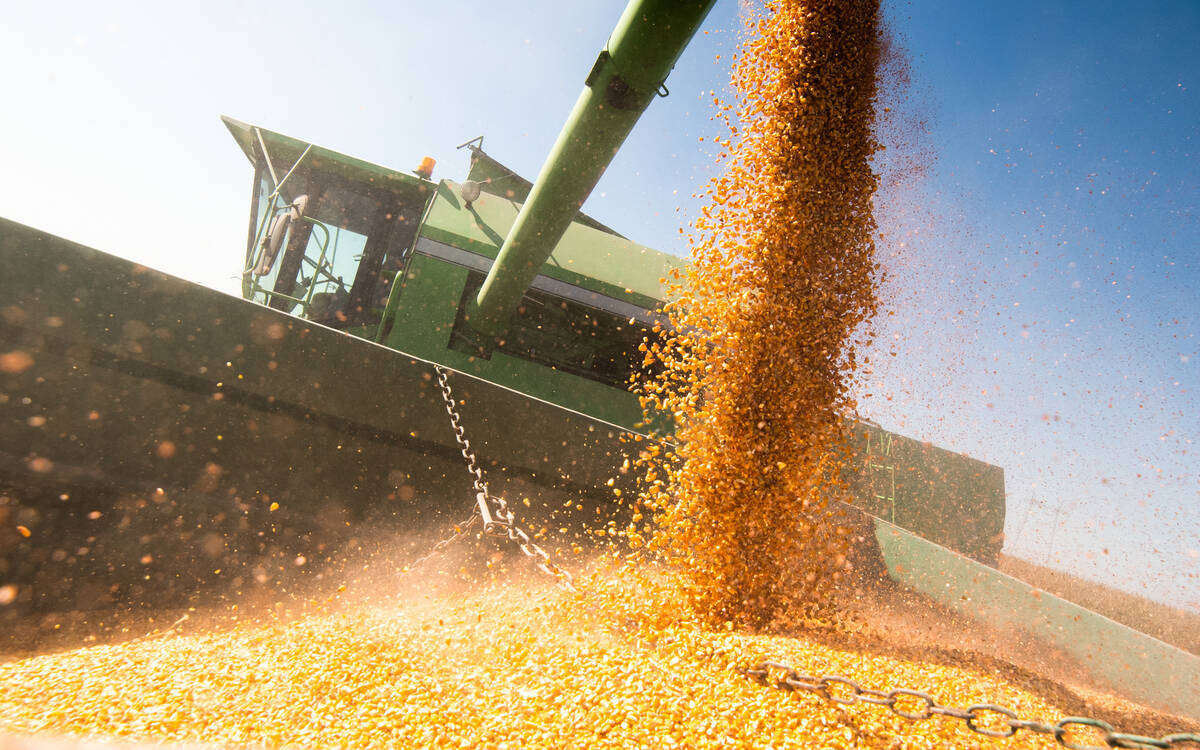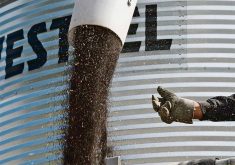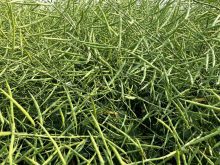The blockchain-based global commodity transaction platform being developed by six of the world’s biggest agrifood firms is moving ahead with a new name and project leader.
The six companies — ADM, Bunge, Cargill, Louis Dreyfus, Cofco and Glencore Agriculture — announced Wednesday the project will be named Covantis, and have hired former ADM executive Stefano Rettore as the project’s leader until a CEO is in place.
“Covantis offers a path to improve agricultural trade, unlocking significant value for all players across the supply chain,” Rettore said in a release. “By working collaboratively with the industry, we have an opportunity to build a more effective, more efficient digital future for global trade.”
Read Also

Feed Grain Weekly: Corn affecting barley prices in Lethbridge
Corn imports entering Lethbridge have lowered prices for feed barley compared to those in Edmonton.
Rettore worked in international grain trading until May this year as president of ADM’s origination business. Before joining ADM in 2017 as its chief risk officer, he was president of the international trading arm of U.S. ag co-operative CHS.
ADM, Bunge, Cargill and Dreyfus — the four ‘ABCD’ companies known to dominate the world’s grain trade — first announced their partnership in October last year to develop the proposed platform.
China’s Cofco International, which has operated a Canadian grain trading office since late 2016, joined the partnership last December, followed by Glencore Agriculture — owner of Canadian grain firm Viterra — in September this year.
Project developers said they visited Brazil in October and met with various stakeholders in soybean trade and traffic bound for China from the Brazilian port of Santos, which they said will be “the first trade lane in our future platform.”
The Covantis platform isn’t expected to launch until sometime next year, organizers said. The project itself, as well as its governance and executive appointments, are subject to regulatory approvals.
The partners said last year their project’s initial focus will be to “automate grain and oilseed post-trade execution processes.”
On its new website, Covantis is billed as an evolution from paper documents to digital processes, supporting a contract’s enforceability by allowing a user to see the full history of any changes made or requested.
Covantis’ operators say their proposed system could automate an estimated 60 per cent of the tasks involved in executing a transaction, and speed up the documentation processes which are now handled on paper or via emails by seven to 10 days on average.
Today, they said, over 275 million emails are sent each year to process the estimated 11,000 bulk shipments of grains and oilseeds moved by sea.
“End-to-end visibility at all stages of vessel execution would prevent slow-downs,” Covantis’ operators said. “Every process, from loading to transit to discharge, will be trackable in real-time with Covantis.”
Furthermore, they said, the new system would cut down on the likelihood of error by automating repetitive data, allowing a user to import the correct information once, then “replicate it in a single click.”
In all, they said, the platform would help reduce re-keying of entries by 90 per cent, while boosting transaction speed by 70 per cent. — Glacier FarmMedia Network















